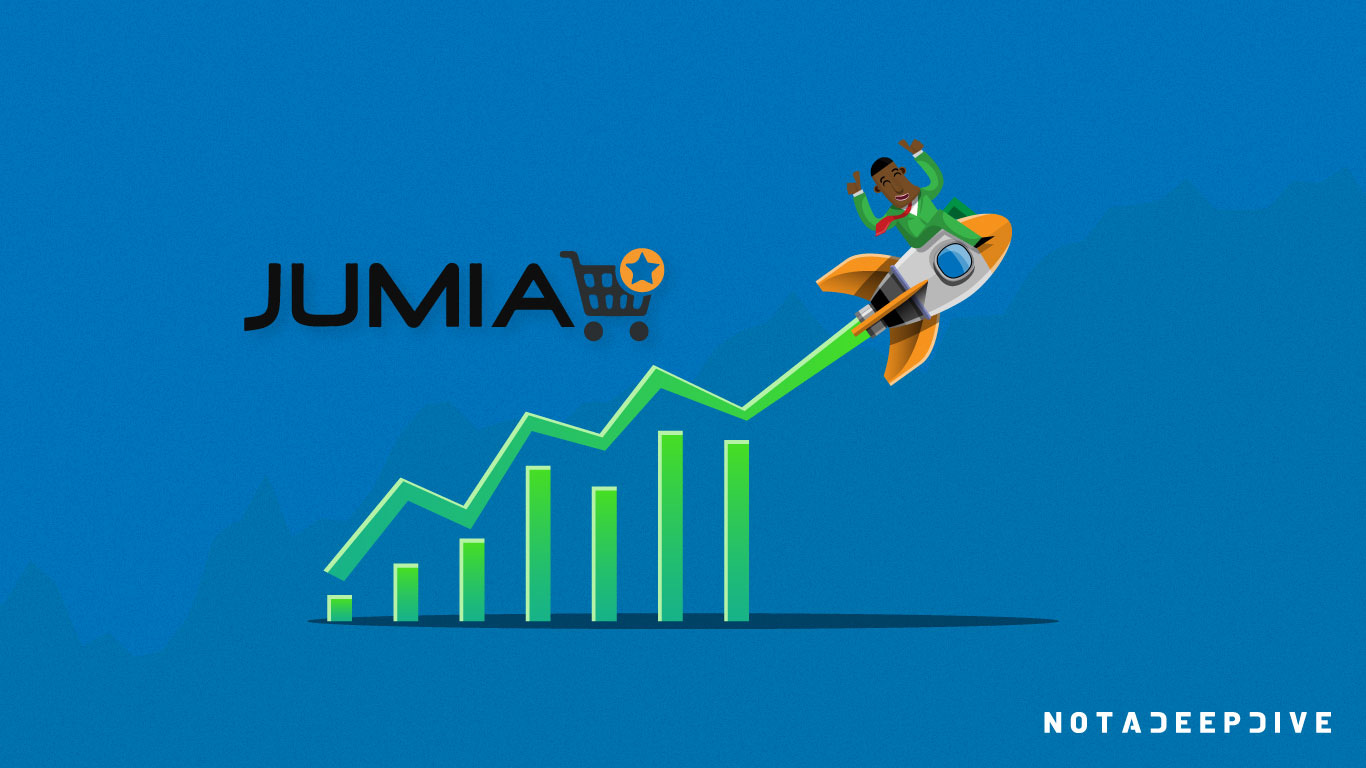In Nigeria, the USD is now a controlled substance
Look left, look right, look left again...now you can pay in your USD
Today’s Notadeepdive is 772 words. Tell all your friends to follow along by signing up here.
👉🏾 If you missed Friday’s newsletter, catch up here.
Notadeepdive is brought to you by Fincra , SweepSouth and Native Teams. Fincra provides reliable payment solutions for fintechs, online platforms and global businesses, SweepSouth sends you professional home cleaners—Use my code, NADD, to get 30% when you book a home cleaning on SweepSouth! And if you’re a freelancer or gig worker, Native Teams helps you receive money from your foreign employers.
TOGETHER WITH FINCRA
With a single integration, you can receive payments from customers via debit/credit cards, virtual accounts, and bank transfers and make seamless payouts to beneficiaries across 100+ countries.
I spent the past week trying to pay three thousand dollars into an account, and let me tell you, it gave me a new appreciation for drug dealers. At the bank, tellers would size me up, ask a million questions, look over each dollar individually, ask for identification and seemed one bad move away from frisking me.
When I finally made the deposit, I learned that thanks to Meffy’s many rules, it’s difficult to make an online transfer from your domiciliary account if you funded the account over the counter. If that felt confusing, that was me throughout this week.
At times, I needed a pen and paper to understand the many rules that FX in Nigeria is now subject to, thanks to the CBN. If you have USD or hold a dorm account or do some business that needs you to move USD, you might as well be selling cocaine. Of course, this isn’t to say that money laundering regulations are unnecessary. Instead, these constantly changing rules–which everyone is forced to keep up with– paint a picture of a Central Bank that’s making FX policies on the fly.
In eight years, the USD moved from just another trading currency to a controlled substance. Ordinary Nigerians who would ordinarily have no business with FX keep up with black market rates like the British keep up with the weather. To be clear, it’s not only individuals that have a problem moving money around; Dubai’s Emirates airline has $85m trapped in Nigeria that it can’t get out. Airtel Nigeria admitted on a recent earnings call that it moved money out of Nigeria at a rate that was above CBN’s $1=N420 exchange.
At what rate did Airtel move money from Nigeria? According to them,“we [can’t] give you the exact rate, [but it’s] obviously not the central bank rate.” Do you know what all of this means? If you’re a company with a Nigerian subsidiary (MTN, Airtel, etc) and you’re waiting for the Nigerian arm to pay dividends to the group in USD at the official rate, you will sleep there.
All of this wahala is affecting investor confidence in the Naira and the Nigerian economy and the currency is depreciating against major currencies. If this was the world of crypto, we would call the Naira a shitcoin. Enough talk about the exchange rate; I’m still taking predictions on when the CBN plans to devalue the Naira. It will be a miracle if this artificial peg lasts until 2023.
While we’re still on the subject of money…
TOGETHER WITH NATIVE TEAMS
Good News!
Nigeria is now eligible for the Native Teams ATM card 💳
You can receive payments from international clients as a Nigerian resident, on a card that works on any ATM in the world including Nigeria. Remote work payments couldn't get better than this!
Want an international card with fewer fees?
Investors are excited about Jumia once again
Jumia’s second-quarter report was released this week and my big takeaway from reading the financials and listening to the earnings call is this: the public market gives and the market takes away…and then it gives and then it takes aga…you get the point. The tired story of how Jumia has disappointed investors since its IPO has been written so many times that you should roll your eyes if I rehash it. The here and now is that Jumia has been talking about finding a path to profitability since 2020. Since 2020, they’ve talked about cost discipline, reduced their presence in countries they weren’t getting a lot of business in and changed their strategy.
If you think about it, Jumia started focusing on profitability at a time when the last thing investors wanted to hear was profits. 2020 was the year when the pandemic drove so much growth for some sectors that companies looked to the future and imagined that things could only go up from there. What followed in 2021 was massive valuations and fundraises driven by 2020’s excitement. The clouds have since cleared with Amazon admitting it overhired and built way more warehouse space than it needed. Shopify admitted that it thought the boon of 2020 would continue for long; it has now laid off 10% of its staff.
While these companies were drinking champagne, Jumia shored up money, put its head and got to work with keeping its costs low. The result has been two quarters of growth that shows that there just might be profits to be had in African e-commerce. You can find all of the impressive Q2 figures here.
Here’s what caught my eye the most: 61% of Jumia’s deliveries reach customers within 24 hours, a surefire sign that the company is Amazon-ing correctly. It’s definitely going to keep investors happy given the rumours that Amazon is getting into the Nigerian market in 2023.
TL;DR: Jumia’s share price last week: $5. Jumia’s share price today: $8.74.
What I’ve been reading
This curious article on how bad press can sometimes be a good thing
A Quartz article on Jumia’s better-than-expected second-quarter result
If you’re like me and you sometimes struggle with finding book recommendations, McKinsey’s summer reading guide is super duper helpful
How do you make the best of a day off? Harvard Business Review has some answers
This Digiday article on what the sale of Axios means for digital media companies
Edited by: Hassan Yahaya








